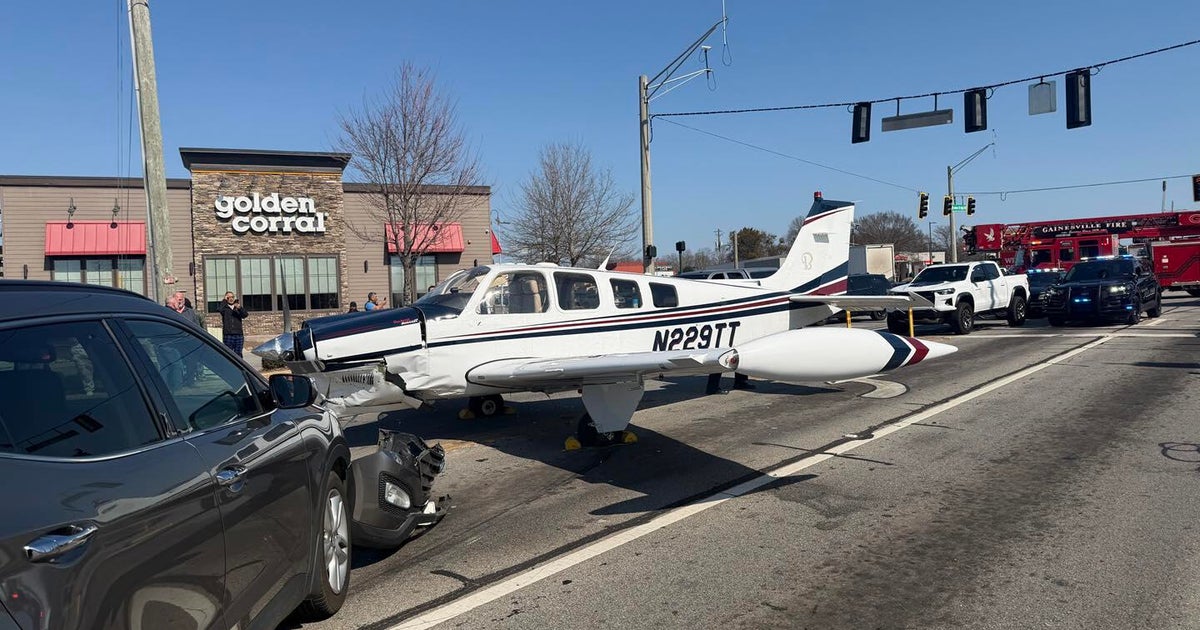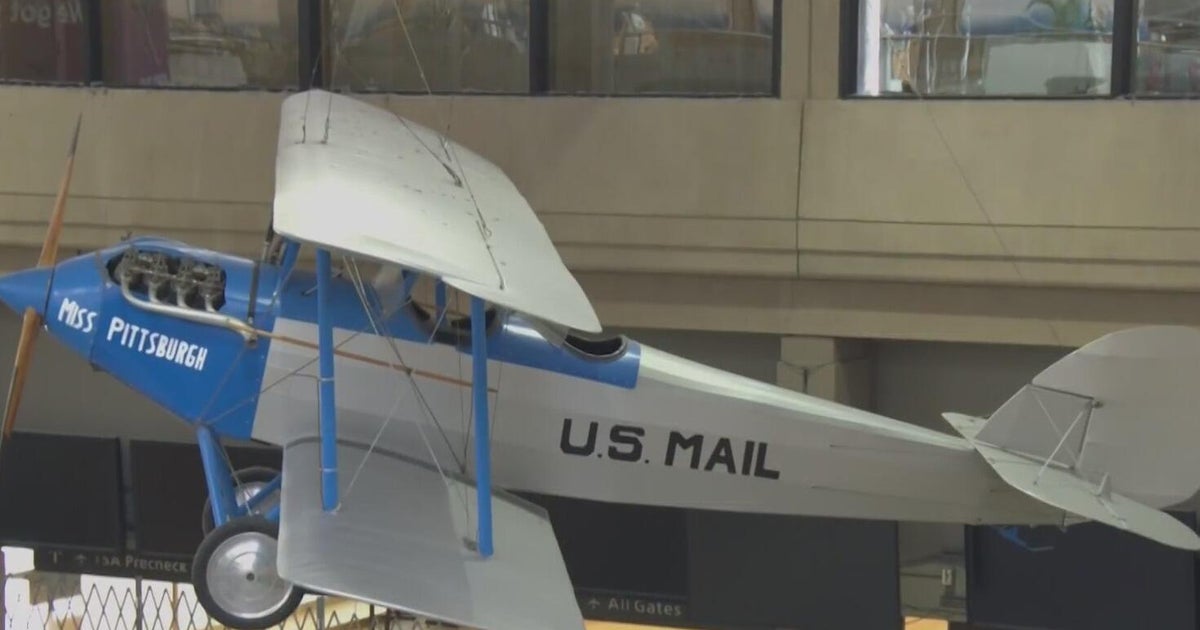FAA research finds drone collisions more damaging than bird strikes to airplanes
New research commissioned by the FAA finds a high-speed collision between a drone and an airliner would be worse than a bird strike. Newly-released animation shows how a drone could cause significant damage to a plane's engine or tail area. This year, the FAA has received an average of 250 reports of drones near airports every month, up from 159 for most of last year.
The study confirms what many in the aviation world long suspected: drones, which are made of heavy plastic, metal, batteries and cameras, are far more destructive than a bird when they hit something. It was birds that stopped the engine on the now-famous "Miracle on the Hudson" flight.
- Iranian drone makes "dangerous maneuver" close to U.S. fighter jet
- Trump approves test program to expand domestic drone flights
The new research appears to confirm what pilots are already seeing as a very real threat to passenger safety, reports CBS News correspondent Kris Van Cleave.
The Los Angeles Police Department depends on its helicopters to get on scene fast and be the eyes in the sky. They fly fast and they fly low, which has pilot Kevin Cook always looking out for drones.
"If we impact a drone, now we're going to have 5,500 pounds of aircraft with 130 gallons of jet petroleum coming down into a residential neighborhood," Cook said.
In August 2015 a drone came within 50 feet of an LAPD helicopter as it was circling, searching for a suspect. The pilot dove to avoid a collision and the drone operator pleaded no contest to obstructing an officer.
A drone hit an army helicopter over Staten Island damaging a rotor and the windshield earlier this year. The chopper made an emergency landing. Last weekend, a man was arrested for allegedly dropping leaflets from his drone over the crowd at a 49ers game. The stadium is in the flight path of the San Jose airport. Despite rules against flying drones in Times Square, one crashed right into a building.
These newly-released animations show just how dangerous a drone strike can be. A drone slams into a jet engine, snapping its blades and likely rendering it useless. Another shows the potential damage to the tail section.
The damage was found to be consistently worse than if a bird of the same weight hit a plane and bird strikes can do plenty of damage. Ross Aimer, a retired airline pilot captain, worries most about a low altitude collision.
"The danger becomes when aircraft are close to the ground during takeoff and landing. And these drones have obviously the range that they could do damage to the aircraft," Aimer said.
Researchers also found the drone's lithium ion battery tended to shatter in high-impact collisions, but in cases where it remained even partially intact, those batteries started to heat up, raising the potential for a fire danger if a damaged battery were to get lodged in the plane after a collision. Drones are not allowed to be flown within five miles of an airport or above 400 feet.




